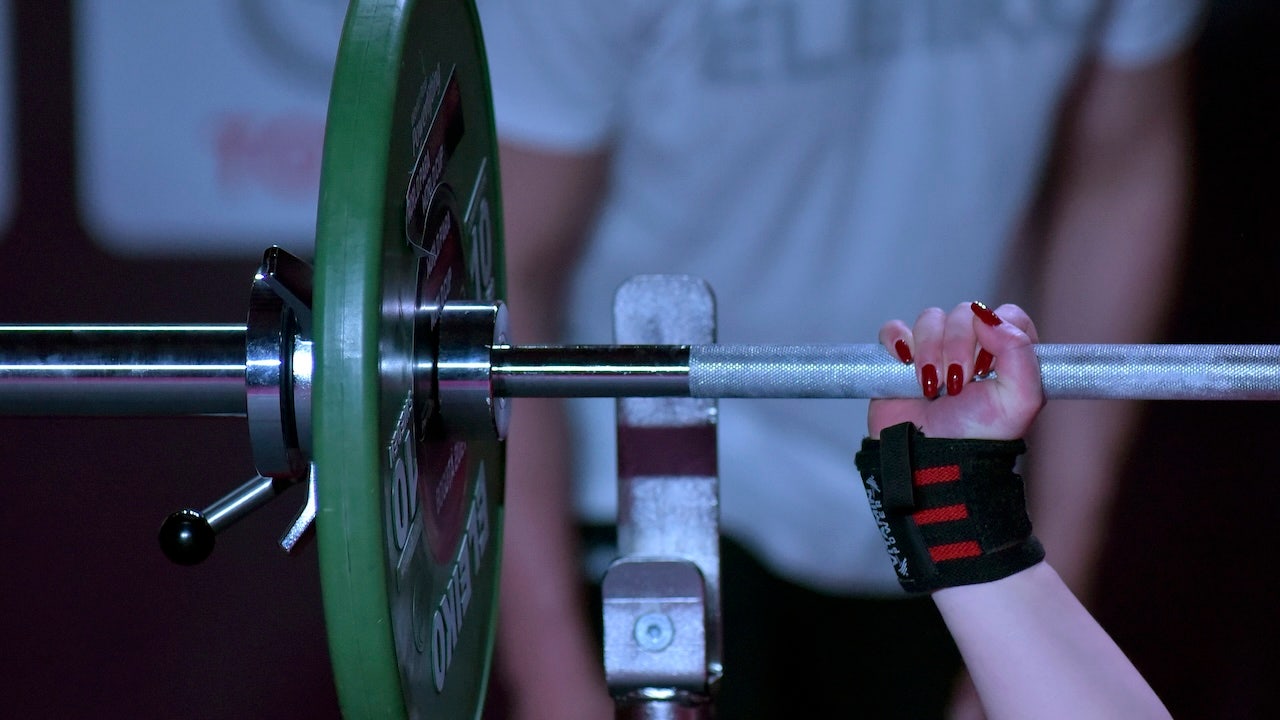In a landmark decision with significant implications for the world of competitive sports, the Minnesota Supreme Court ruled on Wednesday that USA Powerlifting’s (USAPL) policy of excluding transgender women from competing in the women’s division constituted discrimination. The ruling came in response to a lawsuit filed by JayCee Cooper, a transgender female powerlifter who was denied the opportunity to compete in the women’s category by USAPL. This case has ignited a fierce debate about fairness, inclusion, and the rights of transgender athletes in women’s sports.
JayCee Cooper’s legal battle began in 2021, after USAPL rejected her application to compete as a woman in 2018. Cooper argued that the organization’s policy violated Minnesota’s Human Rights Act by discriminating against her on the basis of her transgender identity. Initially, a lower court sided with Cooper in 2023, but the Minnesota Court of Appeals sent the case back to the trial court, citing unresolved factual questions. Specifically, the appellate court wanted further examination of whether USAPL’s decision was motivated by discrimination against Cooper’s transgender status or if it was based on a legitimate business reason related to the fairness of the sport.
The Minnesota Supreme Court agreed to hear the case earlier this year and ultimately delivered a unanimous ruling that criticized USAPL’s categorical exclusion of transgender women. Chief Justice Natalie Hudson, writing the opinion, stated that the policy was “facially discriminatory” and provided direct evidence of discriminatory intent. The court found no genuine dispute that Cooper was excluded because of her transgender status, thereby reversing part of the appellate court’s earlier decision. This ruling sends a strong message that blanket bans based solely on transgender identity are impermissible under Minnesota law.
USA Powerlifting responded promptly to the ruling, expressing disappointment but also emphasizing that the case had not yet been fully resolved. The organization stated that it was pleased the appellate courts allowed them to present their claim of business discrimination to a jury. USAPL reiterated that its policy aimed to promote fairness in the sport, citing scientific research about physiological differences between biological males and females. According to USAPL, males have up to a 64% strength advantage in powerlifting, and suppressing testosterone only reduces this advantage by about 10%. The organization argues that these differences create an unfair competitive environment when transgender women, who went through male puberty, compete against biological females.
USAPL’s statement also referenced public opinion and recent policy changes by other sports organizations to support its position. The powerlifting body pointed to a 2025 New York Times/Ipsos poll showing that 79% of Americans oppose allowing transgender athletes to compete in women’s sports. Additionally, USAPL highlighted that the U.S. Olympic and Paralympic Committee (USOPC) recently updated its athlete safety policy to restrict women’s sports to biological females. The organization also cited the U.K. Supreme Court’s ruling affirming that the term “woman” applies to biological females, suggesting that similar legal interpretations are gaining traction internationally.
The court’s decision has sparked strong reactions from various corners, particularly in Minnesota’s political landscape. The ruling was unanimous among the seven justices, five of whom were appointed by Democratic Governor Tim Walz, with the remaining two appointed by former Democratic Governor Mark Dayton. Despite this, Minnesota Republicans have vocally condemned the decision. State House Speaker Lisa Demuth issued a statement expressing concern that the ruling undermines protections for girls and women in sports, protections that have been fought for over decades under Title IX. Demuth emphasized that the issue boils down to fairness and safety, arguing that girls and women should not be compelled to compete against biological males.
Demuth and other Republican lawmakers have pledged to take legislative action in the upcoming session to safeguard girls’ sports. Their position reflects a broader national debate on how to balance transgender inclusion with competitive equity and opportunities for female athletes. This case, by forcing a legal examination of these issues, is likely to influence similar disputes across the country.
The discussion also extends beyond legal and political realms into the personal experiences of female athletes. Team Canada powerlifter April Hutchinson and former NCAA swim champion Marshi Smith have publicly shared the challenges they face competing against biological males in women’s sports. Their perspectives highlight the complex emotions and concerns around fairness, safety, and the integrity of female athletic competition. These athletes argue that physiological differences cannot be overlooked and that allowing trans women who have undergone male puberty to compete in women’s divisions can create an uneven playing field.
As this legal saga unfolds

